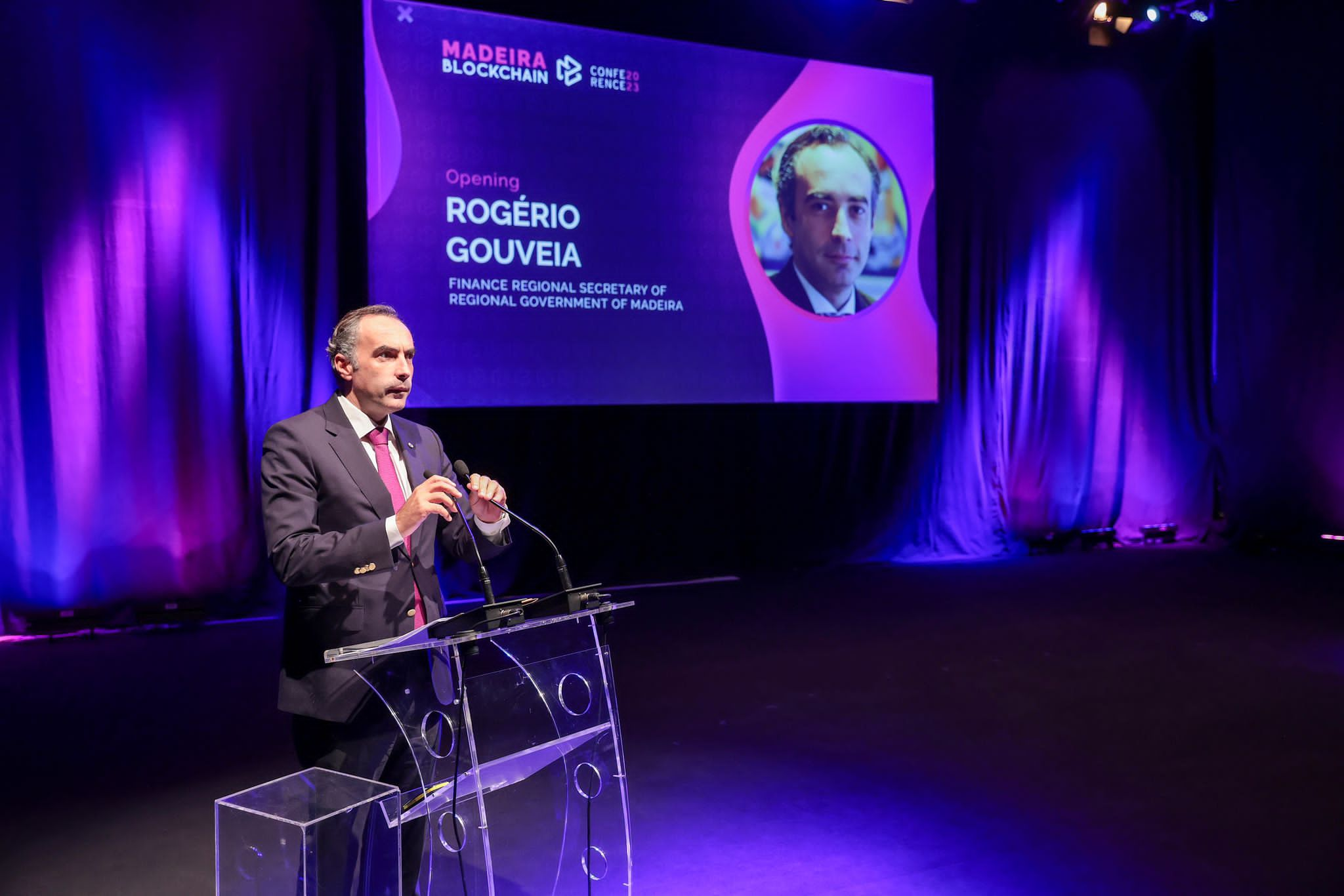An archipelago in the middle of the Atlantic is seeking startups and tech talents to boost its economic growth. Web3 entrepreneurs are flocking to this region.
Portugal’s Madeira archipelago has been praised for its natural beauty, but an aging population and pressing need for a more diversified economy prompted its local government to explore emerging technologies, such as blockchain.
According to Rogerio Gouveia, finance secretary of the regional government of Madeira, emerging-technology companies make up nearly 30% of businesses in Madeira’s free trade zone, a special economic area that offers tax benefits to companies, including one of the lowest corporate tax rates in the European Union and capital gains tax exemption for eligible firms.
“For companies aiming to establish a presence in the region, the foremost tax incentive is found in the Madeira free zone or the International Business Center. This area offers a preferential tax regime, capping the corporate tax rate at a competitive maximum of 5%. It’s important to note that this is not an offshore haven. This regime operates within a structured set of regulations and undergoes rigorous audits by both national tax authorities and the European Commission,” Gouveia told Cointelegraph during the Madeira Blockchain conference.
One of the companies behind Madeira’s Web3 ecosystem is Yacooba Labs, a software development company using blockchain technology for ticketing solutions, addressing issues like overpriced secondary markets and fraud on tickets.
In addition, Madeira’s tax incentives are associated with other initiatives aimed at shifting the region’s focus from tourism to a technology-based economy, including an emphasis on information technology education in local schools. This is a sharp contrast to the 50% illiterate population of the island during the 1970s.

Madeira is also working on a payment network that will connect local merchants and simplify currency exchange for tourists. While still in the feasibility study stage, the network will likely use blockchain technology to enable tourists to load and use one debit card across the archipelago for all products and services. The same card system will be used to streamline government operations, including the payment of social benefits, such as scholarships, to residents.
“We want to see if this model is feasible. We are using Madeira as a laboratory for such a model, similar to how the region has been used in the past to test other technologies,” noted Gouveia, adding that over the decades, the archipelago has also served to validate other technologies in Portugal, such as 4G and cable television.
Cointelegraph was on the ground during the second edition of the Madeira Blockchain 2023, held between Nov. 30 and Dec. 1. The conference gathered Web3 companies from all over the world that are shaping the business models and technologies of tomorrow.
Magazine: Beyond crypto — Zero-knowledge proofs show potential from voting to finance
Read the full article here

